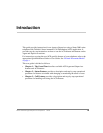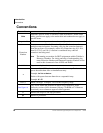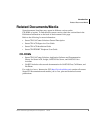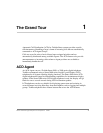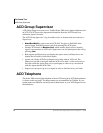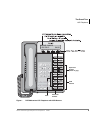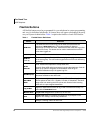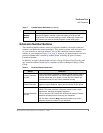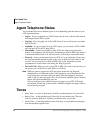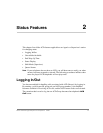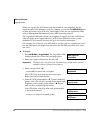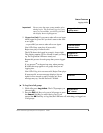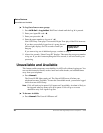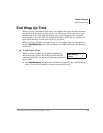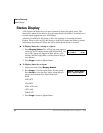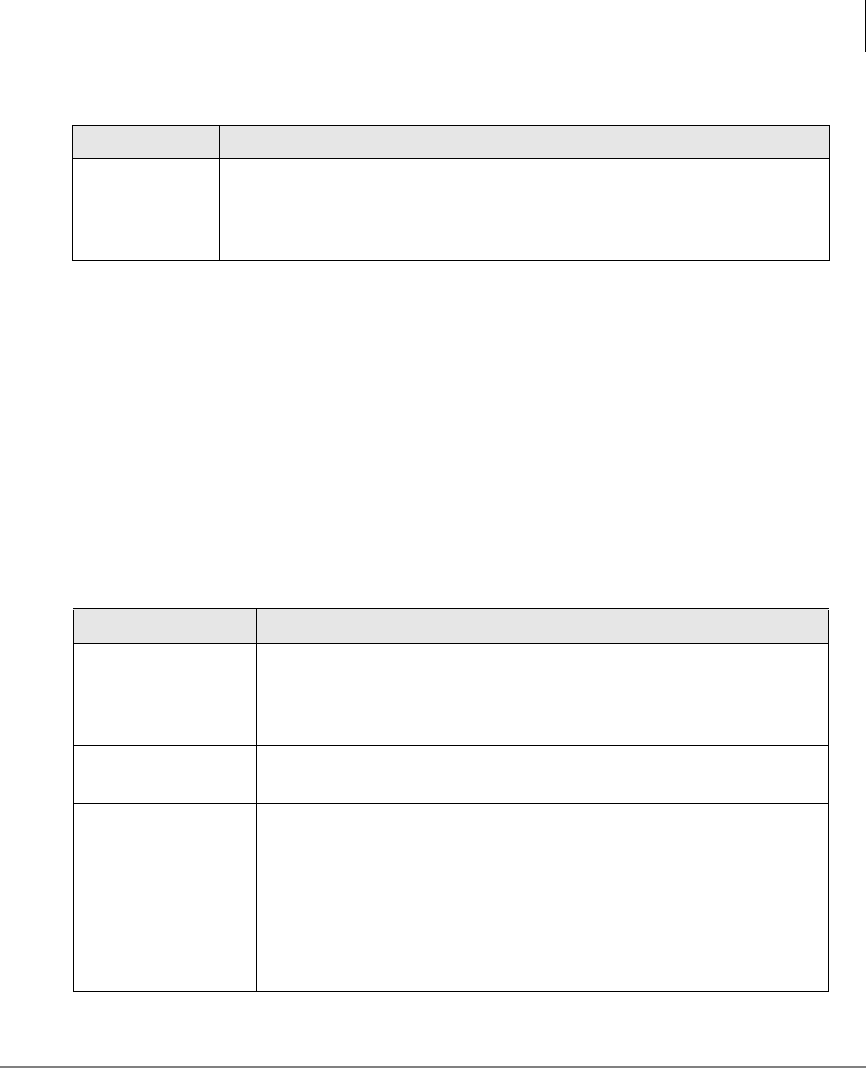
The Grand Tour
ACD Telephone
Strata CIX ACD Agent/Supervisor Telephone 05/06 5
Extension Number Buttons
The extension number buttons consist of: extension numbers, secondary extension
numbers, and phantom extension numbers. They make or answer calls and are known
as your extension or intercom number. You can have multiple extension number
buttons on your telephone (Figure 1 on page 3); however, an agent should not use any
extension number that is shared by another phone, including an agent’s Primary
Extension Number.
In addition, an agent’s phone should not have a Group CO line or Pool Line key and
any extension number should not be a member of either a Multiple Calling or Hunt
Group.
Display
Status
Turns Display Status on or off. This shows how many Agents are in the
group and logged in, and the number call waiting in the queue and
longest time a call has been waiting in queue. Additionally, Supervisors
can view the call status of individual Agents or other ACD groups.
Table 2 Extension Button Definitions
Button Definition
Primary Extension
Number
This is your specific extension or intercom number used to make or
receive calls. Your telephone can have multiple primary extension
number buttons with your number. You can set Call Forward and
Voice Mail ID code for your Primary extension number
Secondary
Extension Number
This is the Primary extension number of another telephone which
appears on your telephone. Agents should use this on their phone.
Phantom Extension
Number
Up to eight Phantom extension numbers can be dedicated to a
station. ACD calls must have a Phantom extension with a single
appearance, owned by the Agent’s telephone.
You can only set Call Forward and Voice Mail ID code for Phantom
extension numbers that are owned by your telephone.
You can have a separate
Msg button and mailbox for up to four
phantom extension numbers on your telephone.
Table 1 Flexible Button Definitions (continued)
Button Definition



